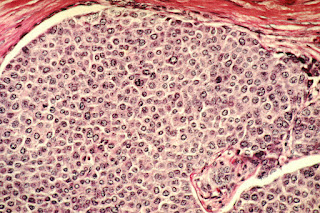Lab results don't explain the 'obesity paradox,' but bias may

Lab results don't explain the 'obesity paradox,' but bias may Results of standard laboratory tests performed on adult outpatients to provide an overall picture of their health are fairly consistent between those with obesity and their leaner counterparts, investigators report. The finding negates one rationale behind what's called the "obesity paradox," which is that people with obesity are known to be at increased risk for a host of health problems like diabetes and hypertension but tend to do better with these conditions than their leaner peers, including when they get admitted to critical care for reasons like a heart attack or stroke. One thought was that patients with obesity end up in intensive care sooner because their laboratory results were already out of line with their thinner peers. These acute health events push them higher, they report in The Journal of Applied Laboratory Medicine . "People who have obesity also have more hypertension, th...





